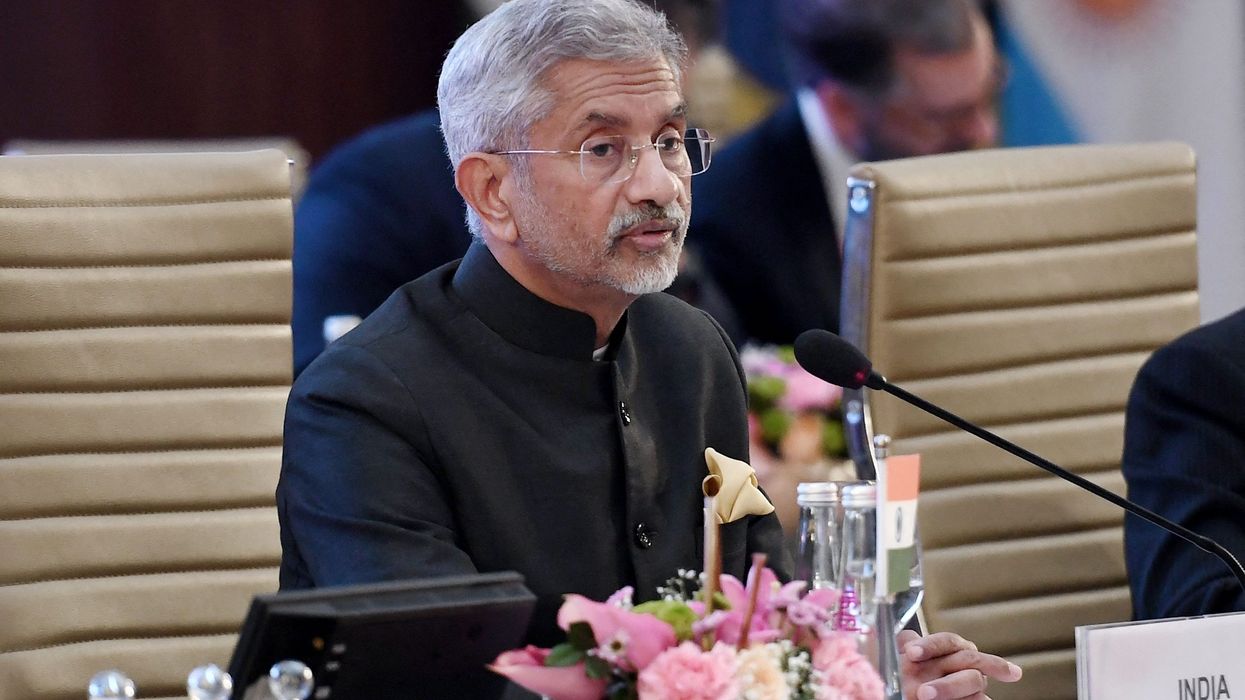In a statement indirectly criticising China, India’s external affairs minister S Jaishankar emphasised that India does not operate as an "extractive economy" and does not engage in "narrow economic activities" in Africa, despite the continent's abundant resources.
These comments were made by Jaishankar during his visit to Zanzibar and subsequent address to the Indian community on Thursday (06) in Dar-es-Salaam, a city in Tanzania.
Jaishankar acknowledged the historical strength of the Indian community in fostering the India-Tanzania relationship and expressed India's commitment to Africa's growth and development.
During his address to the Indian community, Jaishankar outlined India's desire to trade, invest, and work with Africa to create capacities that support Africa's rise.
He contrasted India's approach with that of other countries, hinting at China's involvement in Africa's resources and military ventures.
Notably, China established its first overseas military base in Djibouti in 2015 and its companies actively exploit the region's mineral resources.
Jaishankar also emphasised India's role as a contributor to global progress, with Indian companies, technologies, and capacities improving lives worldwide.
He highlighted the significance of the India-Tanzania partnership, focusing on the IT mission and capacity-building programmes between the two countries.
Regarding trade, Jaishankar predicted rapid growth in India's trade with Africa and emphasised the need for Indian businesses to be competitive in meeting Africa's demand.
He identified three factors driving this growth: India's expanding economy, competitiveness, and technological advancements.
Furthermore, he stressed the importance of the Indian diaspora as a unique bridge between India and Africa.
During his visit, Jaishankar underlined Tanzania's status as India's largest African partner in training and capacity building.
He highlighted the various exchange programmes, including scholarships and defense training, offered by India to Tanzania.
The minister encouraged the Indian community to take pride in their contributions to the friendship and partnership between the two nations, emphasising how their efforts, such as a water project in Zanzibar, would positively impact the lives of Tanzanians.
"We would actually be bringing drinking water to 8 million people. So, for all of you as members of the Indian community living in Tanzania working in Tanzania, visiting Tanzania, I think you can hold your head high that our friendship, our relationship, our partnership today will make a difference," he added.
In addition, Jaishankar attended a deck reception with Zanzibar President Hussein Ali Mwinyi onboard INS Trishul and witnessed the signing of an agreement for the establishment of the IIT Madras Zanzibar campus.
He also visited Stone Town in Zanzibar, where he observed the Gujarat connection and the convergence of African and Indian cultures.
"Blessed to visit the Arya Samaj and Shri Shiv Shakti mandirs there. This time-tested confluence of Africa and India is emerging as a statement of our contemporary partnership," he tweeted.
(With inputs from PTI)













